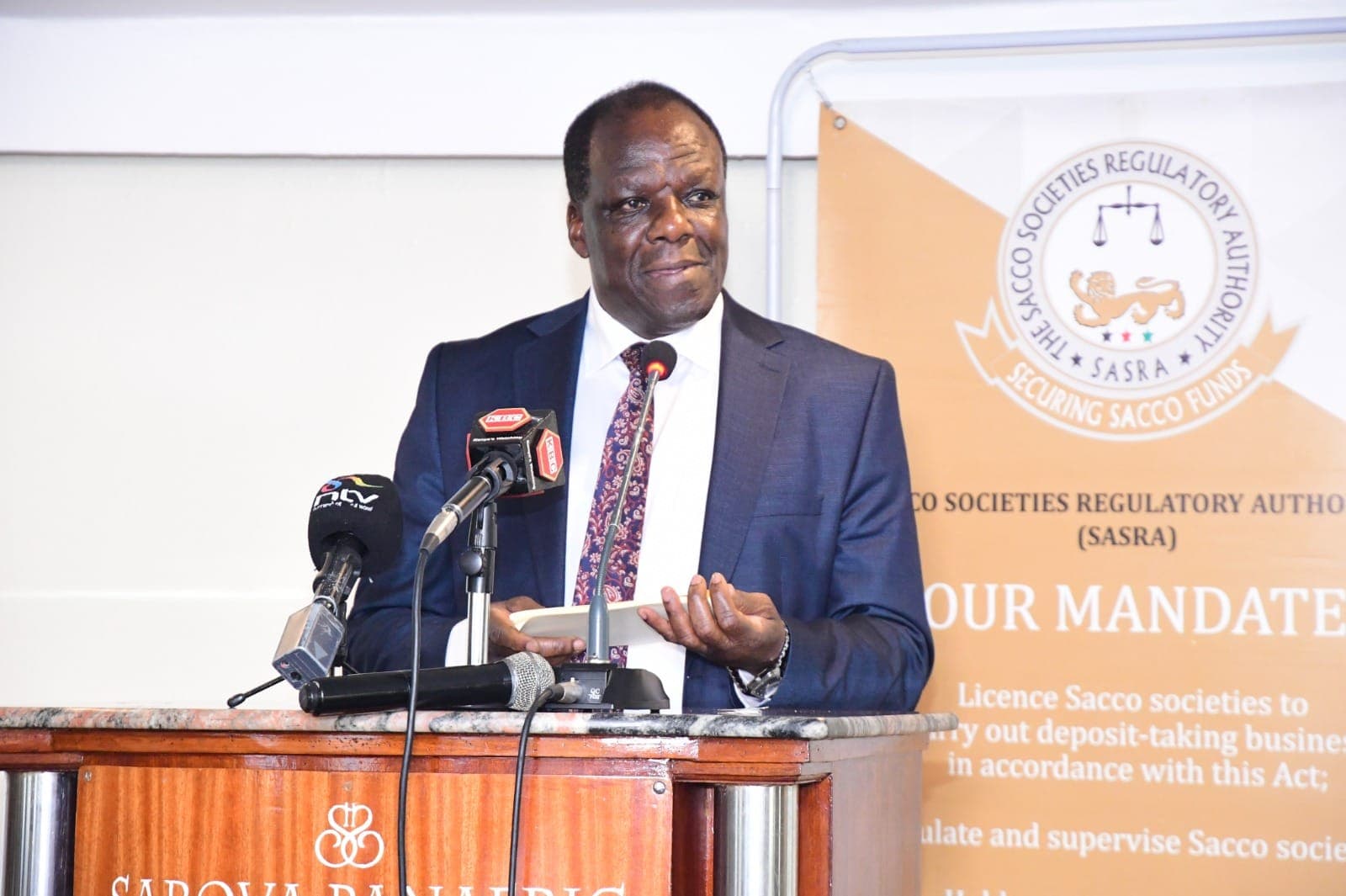We're loading the full news article for you. This includes the article content, images, author information, and related articles.
A new government directive compels Kenya's largest SACCOs to replace universal member voting with a delegate system, a move regulators say will enhance efficiency but critics argue silences grassroots savers.

NAIROBI, KENYA – The government has mandated a significant governance overhaul for Kenya's largest Savings and Credit Co-operative Societies (SACCOs), requiring all co-ops with more than 5,000 members to adopt a delegate system of representation for their general meetings. The directive, detailed in a circular issued on Tuesday, 18th June 2025, by the Commissioner for Cooperative Development, David Obonyo, has ignited a fierce debate about the future of member participation and democratic control within a sector that holds billions in savings for millions of Kenyans.
According to Circular No. CCD/2025/001, affected SACCOs have until mid-December 2025 to amend their by-laws and implement the new structure. This system replaces the long-standing model where every member has a direct vote at the Annual General Meeting (AGM). Instead, members will now elect between 150 and 500 delegates to represent them, vote on their behalf, and make crucial decisions, including the election of directors.
The Office of the Commissioner for Cooperative Development argues that the directive is a necessary step to manage the logistical and administrative challenges faced by large SACCOs, whose memberships have grown exponentially. Holding AGMs with tens of thousands of members has become increasingly impractical, often leading to disorganized meetings and poor decision-making. Proponents assert that the delegate model will streamline governance, making meetings more efficient and orderly.
Speaking in support of such reforms, Cabinet Secretary for Co-operatives and MSMEs Development, Wycliffe Oparanya, has previously stated that inclusivity can be embedded in the delegate model by ensuring fair representation based on geographical distribution, gender, age, and disability. The Cooperative Alliance of Kenya (CAK), the national apex body, has also endorsed the move, stating it will “promote order and facilitate strategic decision-making.” Leaders from major SACCOs, including Mwalimu National SACCO Chairman Joel Gachari, have publicly supported the delegate system as a way to strengthen governance and scale decision-making to match membership growth.
However, the directive has been met with significant opposition. Critics, including many grassroots members, express deep concern that the new system will disenfranchise ordinary savers. An opinion piece by Veronica Onjoro, a PhD student at Mount Kenya University, published in the Daily Nation on Wednesday, 12th November 2025, argued that members prefer the direct participation model, which allows them to question directors, receive information first-hand, and network with peers. The primary fear is that a small group of delegates could be more susceptible to manipulation or undue influence by the SACCO leadership, potentially compromising the interests of the wider membership.
The directive has also drawn criticism from the Council of Governors (CoG), which argues that the national government is overstepping its mandate. In a letter dated Tuesday, 23rd June 2025, the CoG registered its concerns, stating that cooperative development is a devolved function under the Constitution of Kenya, 2010. Nyeri Governor Mutahi Kahiga has been a vocal critic, stating, “We do not want the national government dictating how cooperatives should operate. The function of cooperatives is devolved, and such a significant decision should be made in consultation with counties and cooperatives.” The Council argues that the Commissioner's directive exceeds statutory authority and violates the principles of devolution by unilaterally imposing a governance structure without adequate intergovernmental consultation.
The move comes as the SACCO sector plays an increasingly vital role in Kenya's economy. According to the most recent SACCO Societies Regulatory Authority (SASRA) Supervision Report for 2023, the 357 regulated SACCOs held total assets of KSh 971.96 billion and mobilized KSh 682.19 billion in deposits from 6.84 million members. The report further indicates a high concentration of assets, with 53 of the largest SACCOs controlling 73.34% of the sector's total assets. These are the institutions most likely to be impacted by the 5,000-member threshold, placing the governance of a substantial portion of national savings at the center of this reform.
This directive is part of a broader government effort to tighten governance in the co-operative sector, which has been rocked by financial mismanagement scandals, most notably at the Kenya Union of Savings & Credit Co-operatives (KUSCCO). As SACCOs prepare to transition, the focus will be on ensuring that the election of delegates is transparent and that effective channels are created to keep the general membership fully informed, as mandated by the Commissioner's circular. The success of this enforced evolution will depend on whether it truly enhances accountability or merely creates a new layer between SACCO members and their hard-earned savings.
Keep the conversation in one place—threads here stay linked to the story and in the forums.
Sign in to start a discussion
Start a conversation about this story and keep it linked here.
Other hot threads
E-sports and Gaming Community in Kenya
Active 9 months ago
The Role of Technology in Modern Agriculture (AgriTech)
Active 9 months ago
Popular Recreational Activities Across Counties
Active 9 months ago
Investing in Youth Sports Development Programs
Active 9 months ago
Key figures and persons of interest featured in this article